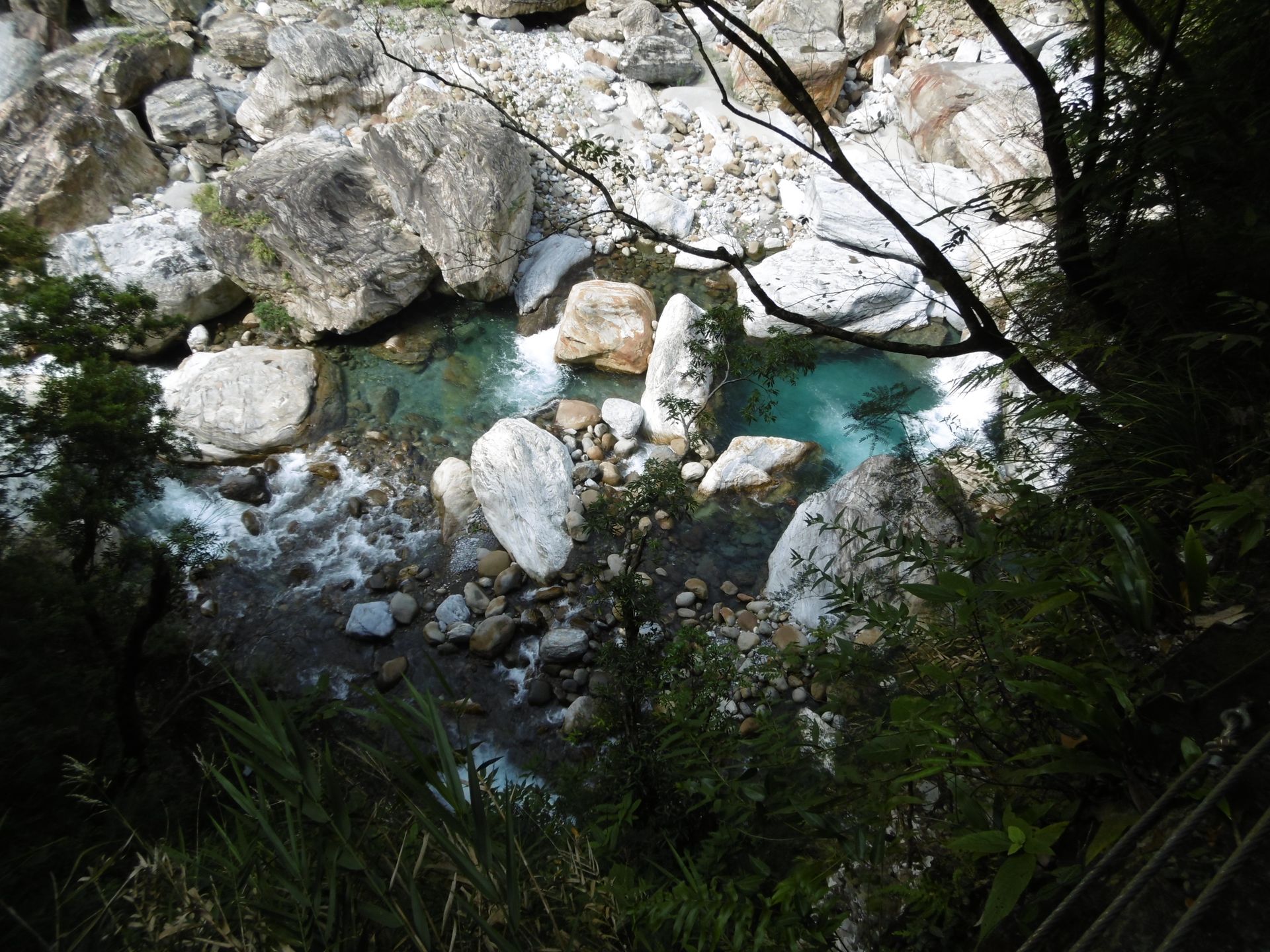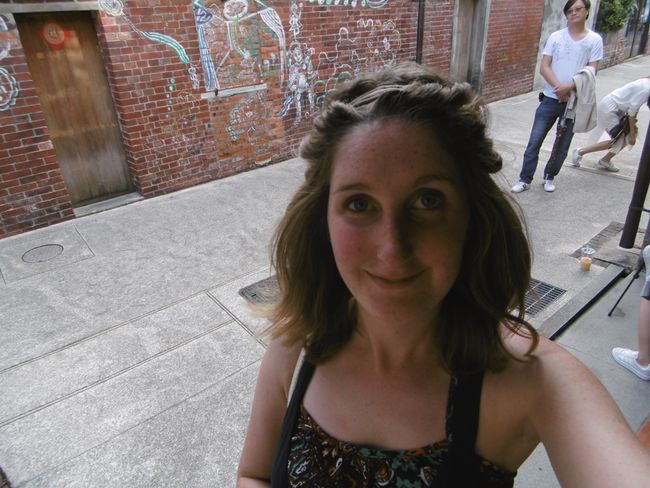Jinja - Finally a kitchen!
Публикувано: 04.02.2019
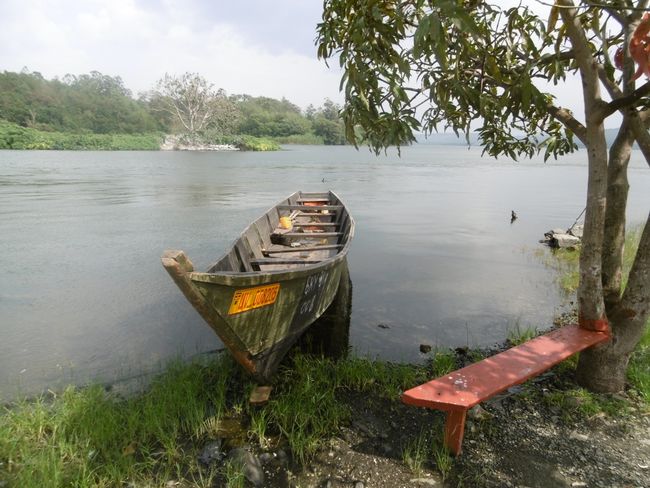
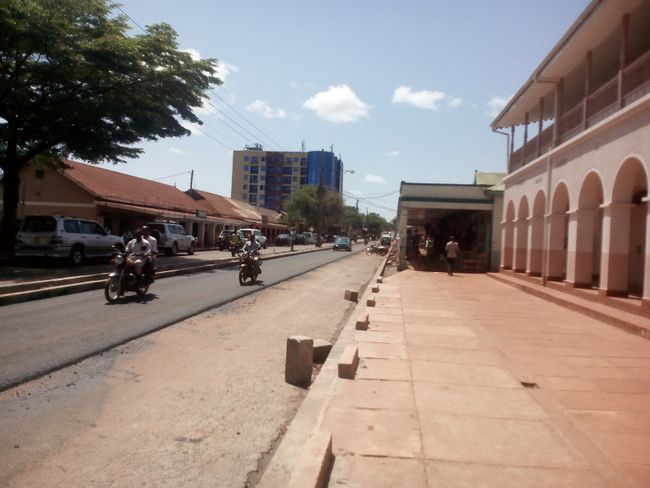
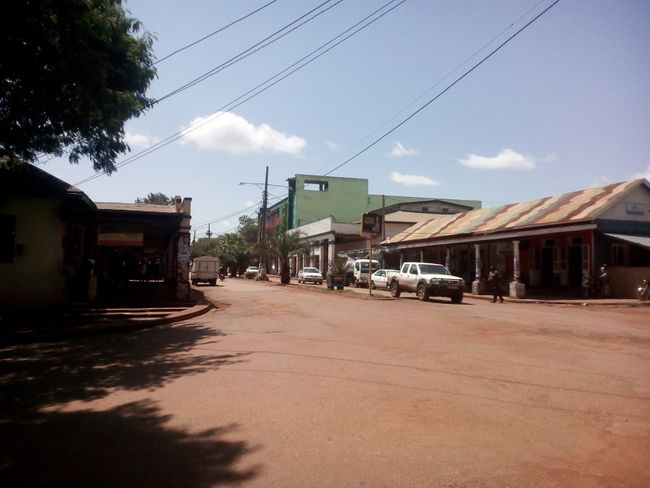
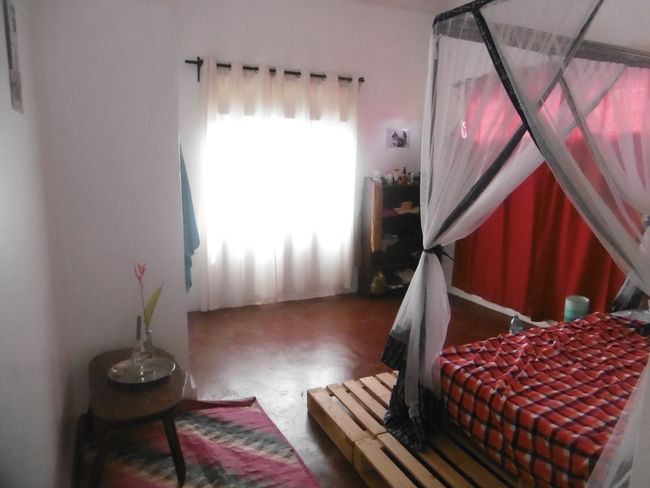
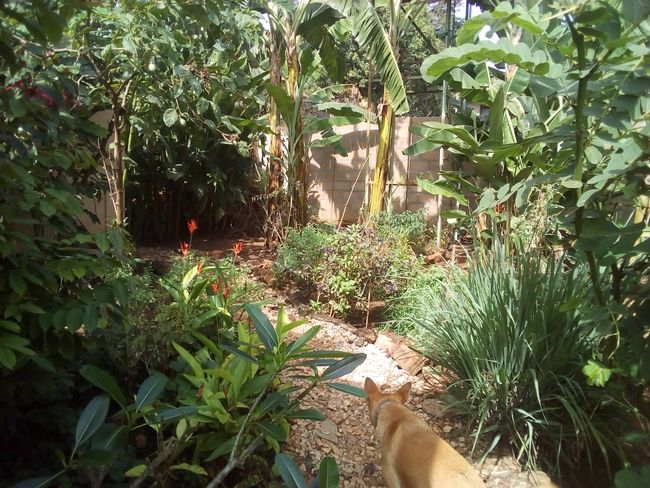
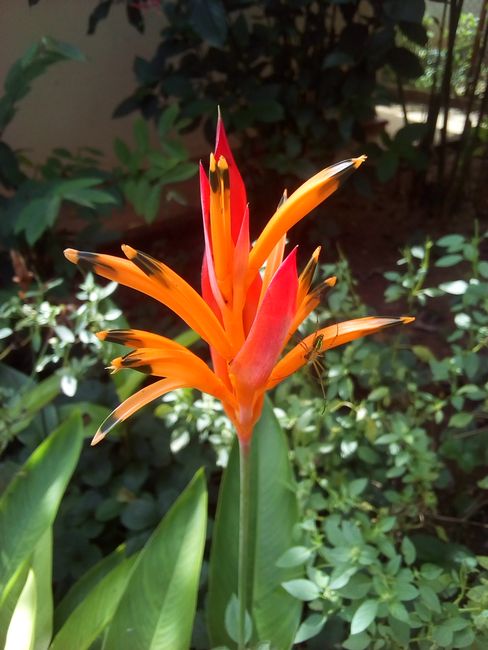
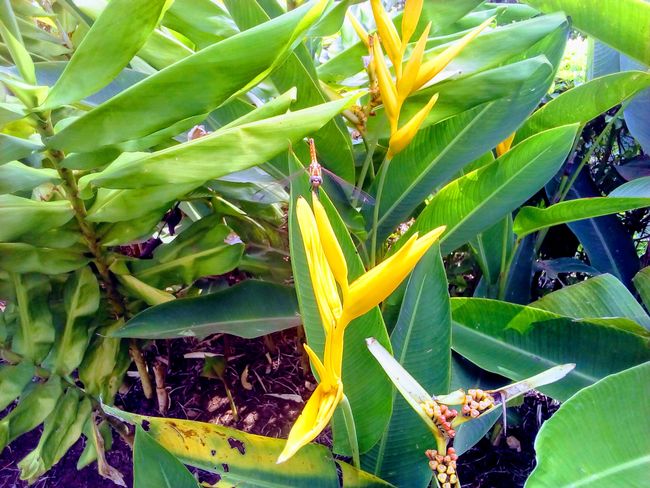
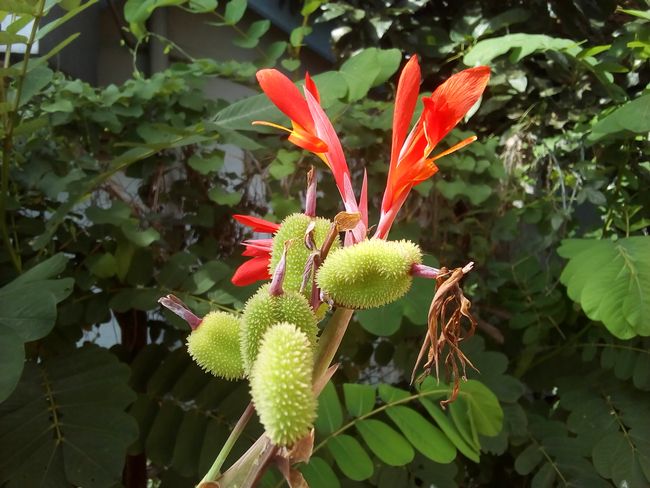
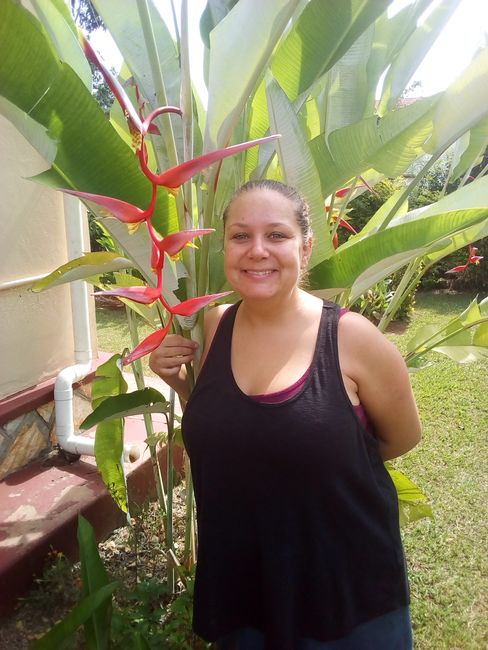
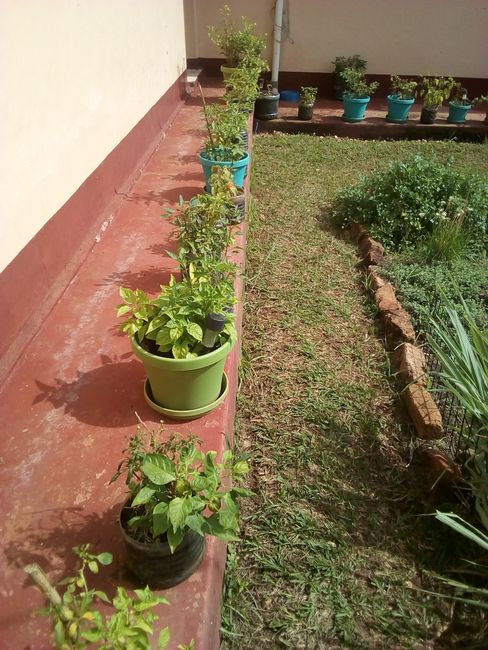
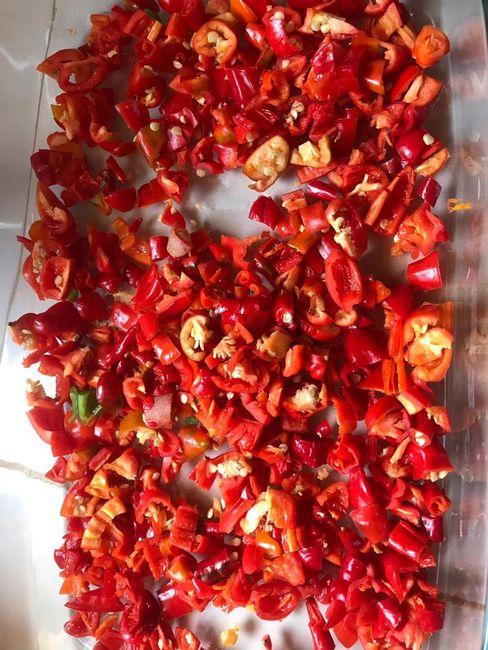
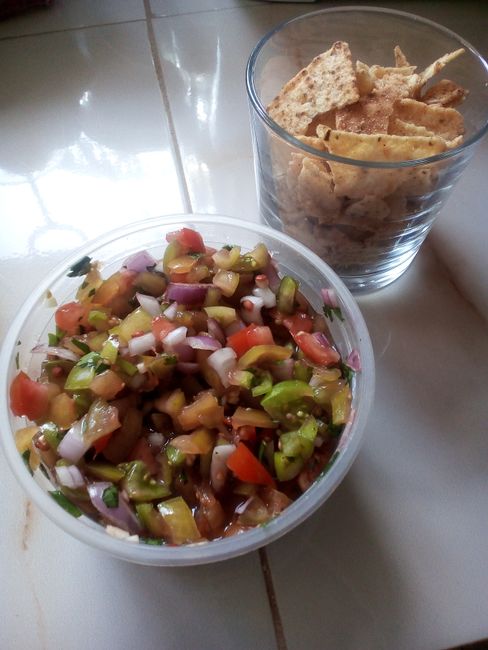
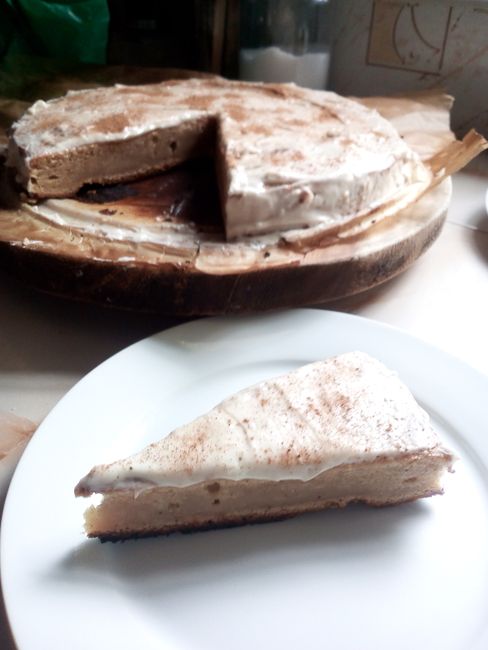
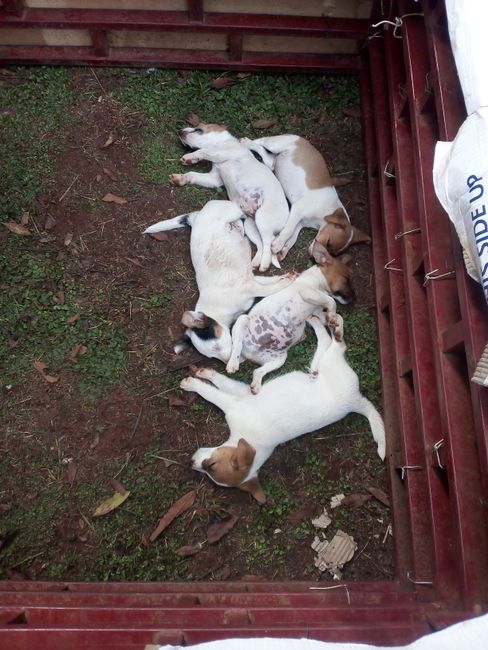
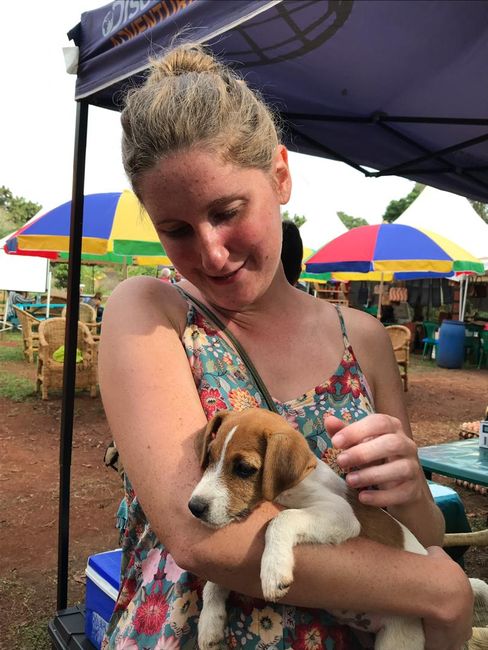
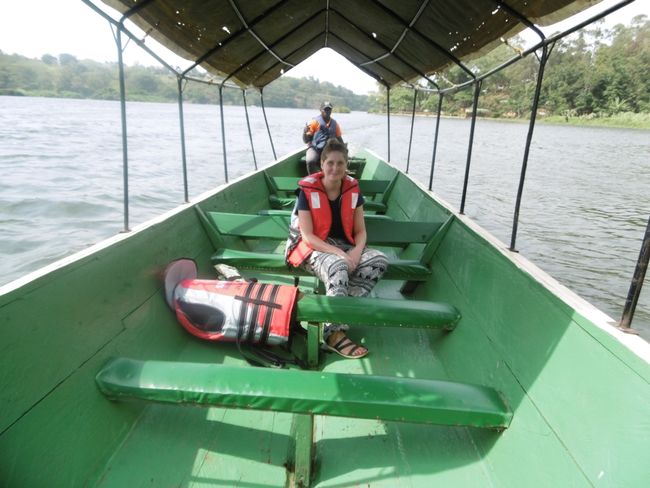
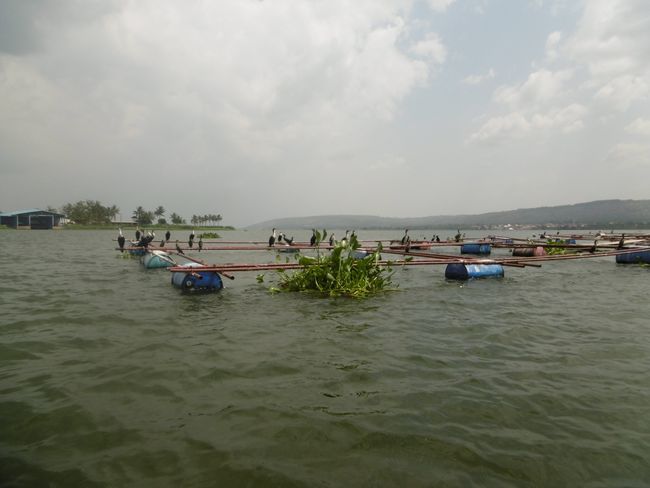
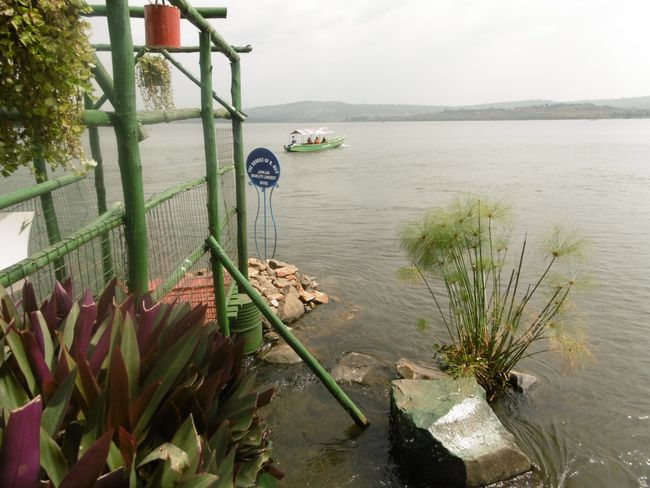
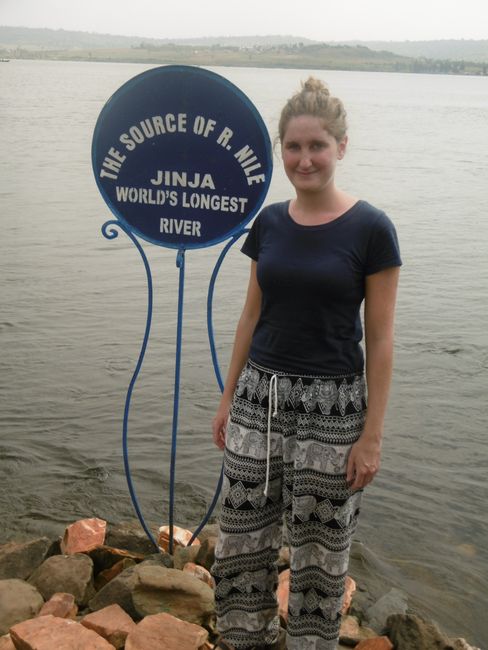
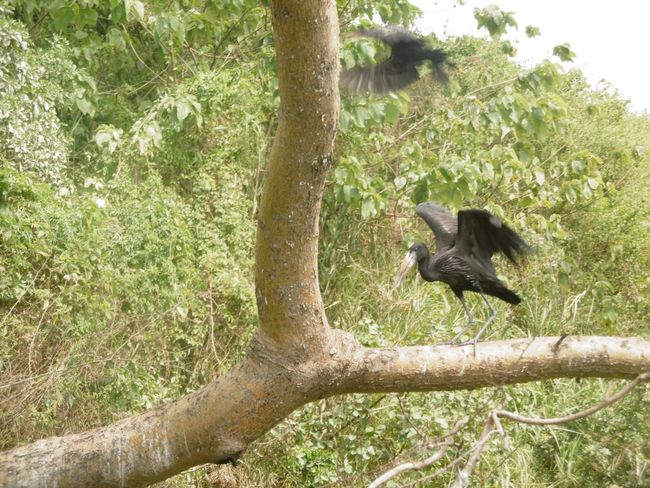
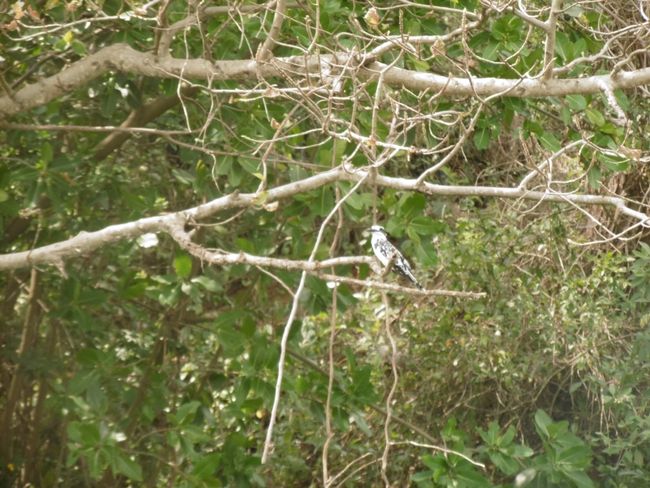
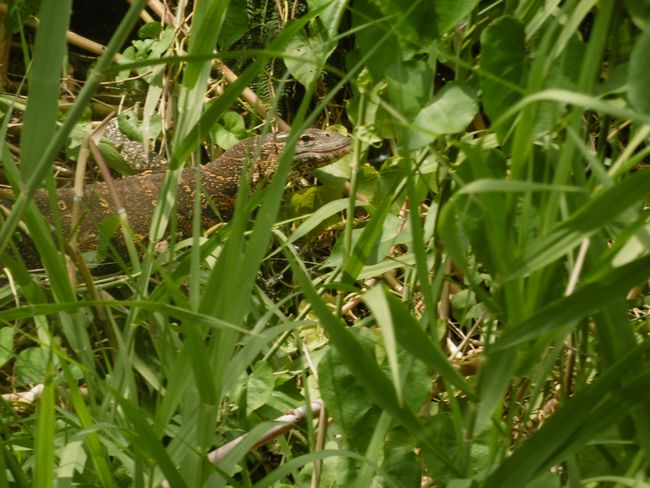
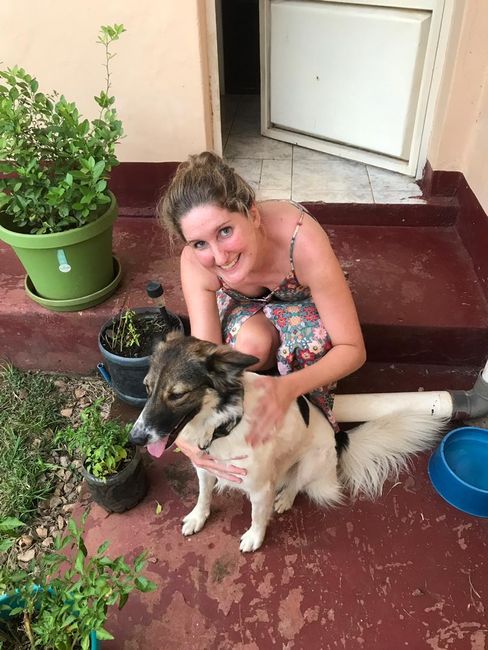
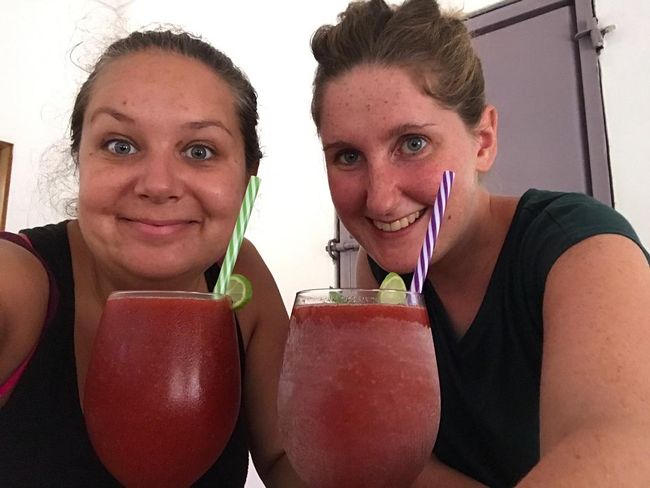
Абонирайте се за бюлетин
Jinja is the fourth largest city in Uganda with a population of 76,000. It is located directly on Lake Victoria, where the White Nile originates and its water mixes with that of the lake. There are several hotels and guest houses in the town where tourists stay when they come to Jinja for various outdoor activities such as boat trips on Lake Victoria, mountain biking, or rafting. Most of the shops, restaurants, and the market can be found around Main Street. This is where I spent most of my time.
In Jinja, Maria lives on a small property not far from Main Street. The property consists of a main house, two cottages, and a garden. The main house is bigger than I expected, with three and a half bedrooms, two of which are guest rooms, a living-dining room, and to my delight, a large, well-equipped kitchen! It may sound strange to some, but after nearly six months, I was really looking forward to cooking and baking again.
The plan for my stay in Jinja was to plan my further travels, both in Uganda and beyond. So I spent my days doing yoga, researching and planning, reading, and shopping. I also helped Maria occasionally to maintain her garden, especially harvesting chilies and processing the harvest, for example into her famous hot sauce. And, of course, I baked and cooked. My passion for baking also delighted Maria's colleagues, who always got a piece of cake.
Internet in Uganda is quite expensive and not always fast, so I moved my research to a nearby café called 'Deli', where I spent my lunchtime with a cup of coffee and a good internet connection.
It is not only a good internet connection that is sometimes hard to find. Certain foods are also not available everywhere. Sometimes you have to visit several supermarkets (actually rather small grocery stores) to find everything you need. I accompanied Maria's housekeeper once to the market. It was an experience! I was once again surprised by the abundance of fruits and vegetables in Uganda. But it's not just fruit and vegetables that are sold there; you can also buy chickens (dead and alive), tools, and clothes. Many clothes are made from the so-called 'Kitenge' fabrics, and you can watch the seamstresses at the market.
On one of the weekends, Maria and I went to the birthday party of a friend, where I tried Ugandan food. It mainly consists of carbohydrates and meat. Typical dishes are posho (a maize porridge), matoke (a type of banana that is processed into a porridge which looks like mashed potatoes but doesn't taste like it), samosas, and, to my delight, peanut sauce. These dishes are usually served with beef or goat meat and, perhaps, a bit of salad.
On other weekends, we went to the Farmers Market, a food and crafts market where mostly expats or 'Mzungus', as East Africans call white people, gather.
I read that 'Mzungu' means someone who wanders around aimlessly (or without a plan). That's probably true in most cases. However, it often sounds derogatory when shouted after you on the street and is usually just a way to attract attention, often to sell goods or services. You also hear the term from 'Boda' drivers who want to attract customers. And there are plenty of 'Boda Bodas' in Jinja. Boda Bodas are motorbike taxis that can be used for short distances, but they are not always the safest means of transportation.
In Jinja, you will also find many missionaries and volunteers who serve in churches and other organizations in the city for several weeks. On Sundays, you can hear music and singing from the different churches. In Jinja, as well as in the whole of Uganda, there are not only Christian churches, but also various mosques and a few Hindu temples.
If you visit Jinja, you can't avoid a visit to the source of the (White) Nile. I also took a banana boat one day and sailed across Lake Victoria to the point where the water of the Nile rises from the lake bottom. On the way, we saw some birds. Uganda is known for its diverse bird species, which makes it a popular destination for birdwatchers. I saw eagles, black storks, and a pied or woodland kingfisher, among others.
The planning of my further journey quickly took shape. However, organizing a safari or a trip to other places in Uganda, especially when traveling alone, turned out to be more difficult than I thought. Nevertheless, I finally decided to join a group for a safari in Murchison Falls National Park at the end of January. In total, I spent three weeks in Jinja. In the end, I was well rested and ready to continue my journey.
Jinja - a nice kitchen, finally!
Jinja is the fourth largest city in Uganda. It has a population of 76,000 and is located on Lake Victoria, where the White Nile originates. There are several hotels and guest houses in the town where tourists stay, who come to Jinja for various outdoor activities such as boat trips on Lake Victoria, mountain biking, or white water rafting. Most of the shops, restaurants, and the market are located on and around Main Street. And that's where I spent most of my time.
The small property Maria lives on in Jinja is close to Main Street and consists of a main house and two cottages. The cottages are one-room holiday homes with their own kitchen and bathroom. The main house is bigger than I expected, with three and a half bedrooms, a large living room with a dining area, and a big, well-equipped kitchen - which made me very happy! It may sound strange to some, but after almost six months, I was really looking forward to cooking and baking again!
The plan for my time in Jinja was to plan the rest of my trip (both in Uganda and beyond). So I spent my days doing yoga, researching and planning, reading, and shopping. I occasionally helped Maria with her garden, especially harvesting chili peppers and processing the harvest - for example, into her famous hot sauce. And I baked and cooked, of course. My passion for baking also pleased Maria's colleagues, who always got a piece of cake.
Since internet in Uganda is quite expensive and not always fast, I moved my research to 'Deli' - a cafe nearby where I spent my lunches with coffee and good internet.
However, it is not only a good internet connection that is sometimes hard to find. Certain foods are also not always available everywhere. Sometimes you have to visit several of the supermarkets (actually more like small general stores) to find everything. One time, I accompanied Maria's housekeeper to the market. What an experience! Once again, I was surprised by the abundance of fruits and vegetables in Uganda. But it's not just fruits and vegetables that are sold; you can also find chickens (alive and dead), tools, and clothes. Many clothes are made from the so-called 'Kitenge' fabrics, and you can watch the seamstresses at work in the market.
On one of the weekends, Maria and I went to a friend's birthday party, where I tried Ugandan food. It consists mainly of carbohydrates and meat. Typical dishes are 'posho' (a porridge made from cornmeal), 'matoke' (a type of plantain that is mashed and looks a bit like mashed potatoes but doesn't taste the same), 'samosas', and (to my delight) peanut sauce. They usually serve beef or goat meat with these dishes, and sometimes a bit of salad.
On the other weekends, we went to the 'Farmers Market' - a food and arts and crafts market where mainly expats or 'mzungus' (as East Africans call white people) gather.
I looked up the meaning of 'mzungu', and it translates to 'a person who wanders around aimlessly'. That's probably true in most cases. However, it often sounds derogatory when shouted at you on the street and is usually just a way to get attention, often to sell goods or services. You also hear the term from 'boda' drivers who are trying to attract customers. 'Boda bodas' are motorcycle taxis that can be used for short distances, although they are not always the safest mode of transportation.
In Jinja, you can also find many missionaries and volunteers who serve in churches and other organizations in the city for several weeks. On Sundays, you can hear music and singing from the various churches. There are not only Christian churches in Jinja, but also several mosques and a few Hindu temples.
If you visit Jinja, you can't miss a visit to the source of the (White) Nile. So I took a banana boat one day and sailed across Lake Victoria to the spot where the water of the Nile rises from the lake bottom. On the way, we saw several birds. Uganda is home to a wide variety of bird species, which makes it very popular among birdwatchers. I saw eagles, black storks, and a pied or woodland kingfisher, to name a few.
In the meantime, my travel plans started to take shape. However, organizing a safari or trips to other places in Uganda, especially when traveling alone, turned out to be more challenging than I expected. But in the end, I found a group from Kampala and joined them for a safari in Murchison Falls National Park at the end of January. Overall, I spent three weeks in Jinja and, by the end of my stay, I was well-rested and ready to continue my journey.
Абонирайте се за бюлетин
Отговор (1)
Maria
Kiki und Lotta sind schon ganz traurig, dass du nicht mehr mit ihnen spielst, ich bedauere den Verlust meiner Küchen- und Backfee auch ....
deinen Blognahmen solltest du nun aber in "call me Maleika" ändern :-) 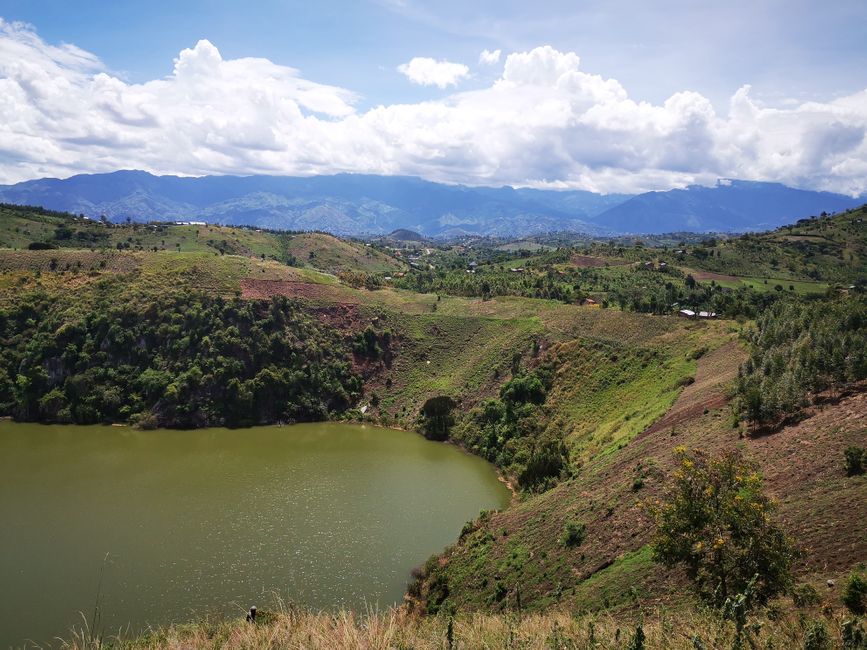
Отчети за пътуване Уганда
